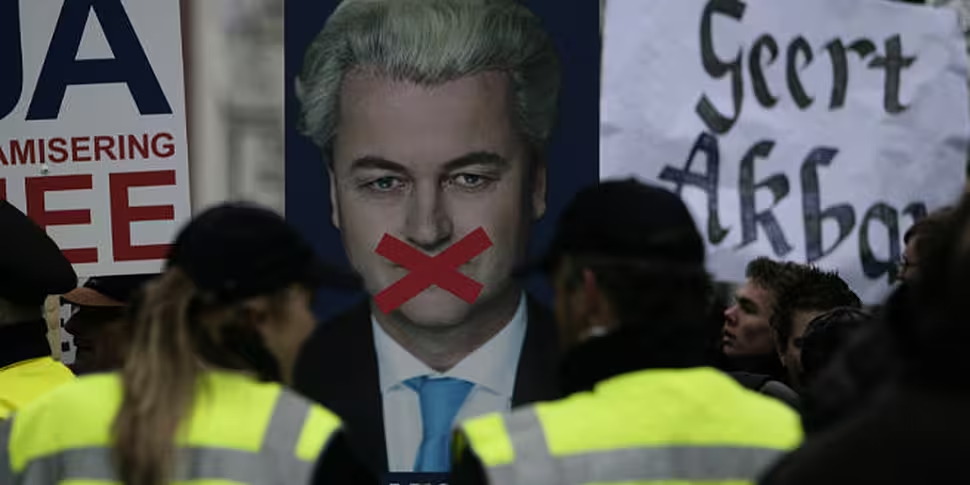The Dutch public has voted against proposals to harmonise Ukrainian law with EU standards to lower trade barriers between the two in a national referendum.
You might find it odd that the Dutch held a referendum on the 2,135-page deal which was originally signed in 2014 and is likely to have almost no effect on trade in or out of The Netherlands - and it is.
Protest
The issue was seized upon by GeenStijl, a satirical website. A new 'direct democracy' law was introduced in the county, under which the Government is required to hold a referendum if 300,000 signatures can be gathered demanding one.
427,000 signed the petition after political groupings rallied around the vote as a protest against the EU.
Geert Wilders, leader of the anti-immigration and anti-EU Freedom party, declared that the vote is the "The beginning of the end of the EU."
London Calling
In the UK - where Mr Wilders was previously banned from entering after being labelled a threat to public policy, security or health after making comments about Islam - the Dutch rejection has been seized upon by 'out' supports ahead of June's Brexit referendum.
UKIP leader Nigel Farage travelled to the Netherlands to actively campaign for a rejection of the referendum.
"Let’s celebrate the outbreak of democracy in this country, and hope that it spreads like a rash across the rest of Europe," he told voters on Monday.
Wilders' party has been building steadily as voters turn Right, it has posted its highest ever opinion poll numbers - rising to 40% support.
What now?
The Dutch Government, which is comprised of a delicate coalition led by the conservative VVD with its junior Labour party partners and only has a majority of one, is left in the difficult position of dealing with the fallout of a referendum that it never wanted to have - about a matter that it is likely to have little concern about.
It will probably side-step the result of the vote - which had a turnout of 32.2% just above the 30% minimum which would have made the vote invalid - by making a bilateral trade agreement with Ukraine.
The deal is already provisionally in force across the EU, and reversing it would require the support of all 28 states.









